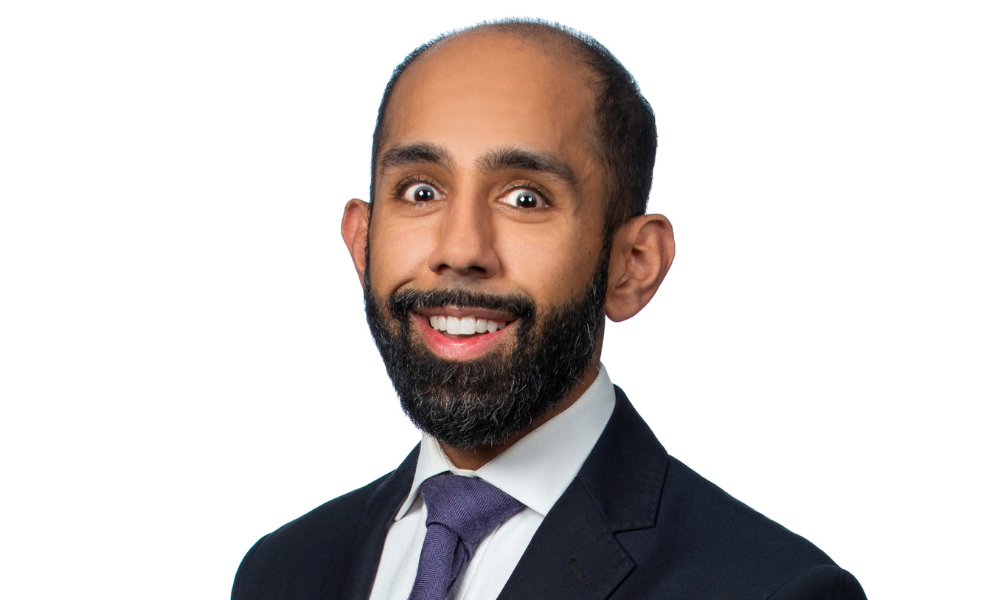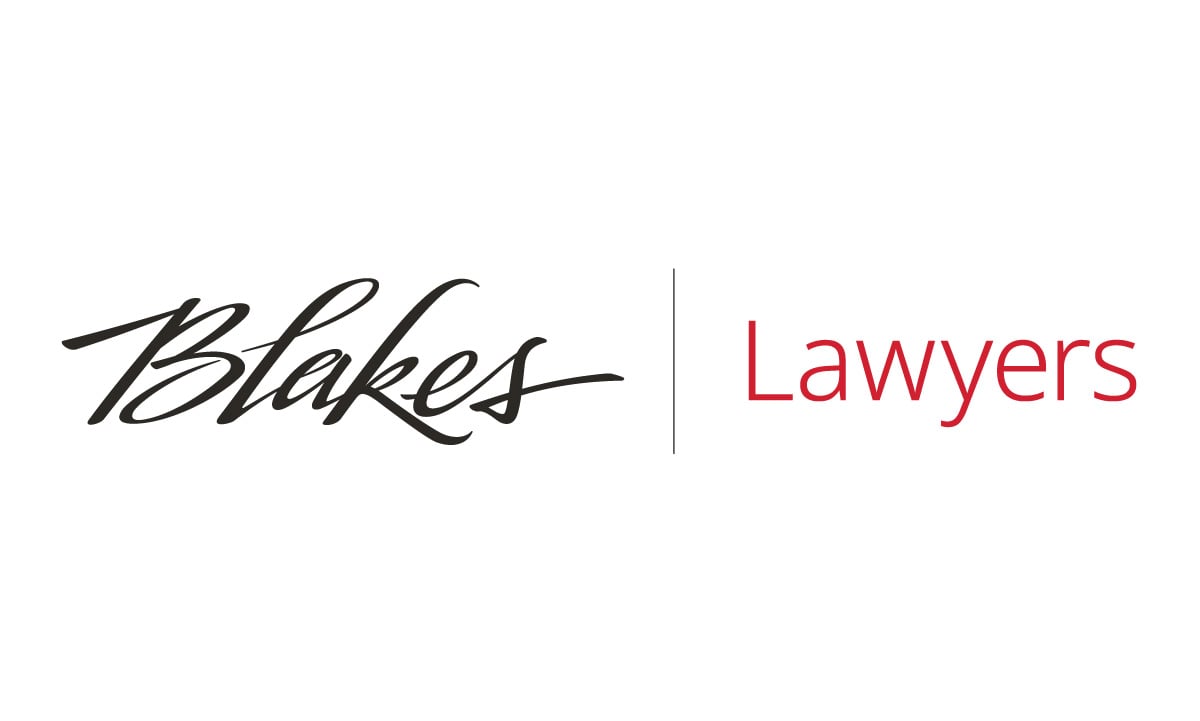Working in the fast-paced, high-stakes world of automobiles might sound like a glamorous dream, but it’s not without its challenges. Speaking to Lexpert, Rustam Juma, general counsel at Volkswagen Group Canada, says that there’s been a lot of change to grapple with, from the evolving legal landscape to Volkswagen's strategic shifts toward electrification, digitalization, and sustainability.
And, when asked about the most significant legal challenges in his role, Juma didn’t mince words.
“I thought I would have to look at the Motor Vehicle Safety Act, the Motor Vehicle Dealer Act, the Canadian Environmental Protection Act, the Competition Act, and the Consumer Protection Act. These are all things that have been part and parcel of our history over the last decade or so. But the reality is actually quite strikingly different.
“The laws are continuously changing, especially in places like Quebec and BC. There are constantly new regulations, new government policy and investments, which [means I have] to keep up with the ‘topic de jour.’ My focus has been on things such as our dealer network, making sure that the people who’re bringing in revenue to the organization are happy and that we're treating them fairly.”
Part of this includes dealing with new technological products coming to the market and new services sitting at consumers' fingertips, including the digitization of automobiles.
“That’s moving very quickly,” adds Juma. “There are new changes to marketing and competition laws. There are new changes to consumer protection laws in Quebec. There are new privacy legislation in Quebec and new French language requirements in Quebec.”
However, Juma does not deal with only Canadian issues – a significant portion of his time is spent liaising with colleagues worldwide, from Germany to the United States. Here, he supports the legal aspects of projects like the battery plant announced in Ontario.
“A lot of time is spent supporting the non-core brands,” he says. “Such as Lamborghini and Bugatti.”
Electrification and legal challenges
Regarding electrification, digitization, and the production of batteries, Volkswagen is committed to these challenges from a legal perspective. Operating in a highly regulated environment driven by consumer demand means there are always questions around viability, affordability, and a real need to be considered in all the regulations.
Juma also cites the complexities of vehicle safety in the era of electrification. While he didn’t comment directly on infrastructure, he mentioned the specific challenges posed by EVs’ increased weight.
“Tires, for example, they've designed tires specifically for EVs because, to your point, battery electric vehicles are much heavier,” he adds, noting that regions like Alberta have even introduced a tax on EVs to account for their increased road wear and tear.
Navigating the regulatory landscape to foster innovation
Juma emphasizes the importance of harmonizing regulations between Canada and the US to ensure seamless planning and compliance.
“We’re obviously committed to an all-electric future,” he says. “Audi has publicly made a full commitment by 2030 of transitioning over. We're also committed to battery production and the St Thomas investment, the decision to build the battery cell in Canada. This was based on more than 100 criteria, including the availability of low-cost or green electricity, access to raw materials such as the critical minerals in northern Ontario, qualified and educated employees coming out of the Waterloo and London, Ontario regions, as well as other competitive framework conditions.”
ESG commitments
Volkswagen’s commitment to sustainability is comprehensive, extending beyond compliance to proactive environmental stewardship.
“We think about sustainability holistically, ecologically, economically, and socially,” he says. “Our aim is to play a positive role in shaping nature and society to create added value for future generations. This is from our employees, our partners in the supply chain and our production through to the delivery and use of our products by our consumers. Our strategy is based on four dimensions, nature, people, society, business – and it's characterized by clear measures.
“We have formulated more ambitious ESG targets and are breaking them down to the brand and division level above all. We want our brands and sites to live up to the responsibility as a whole.”
To balance ESG goals and supply chain constraints, Juma pinpoints Volkswagen’s proactive stance.
“The VW Group pursues the vision of enabling sustainable mobility for generations to come,” he says, underscoring the company’s commitment to environmental and social responsibility across its vast network of suppliers.
Juma highlights the Electrify Canada initiative to build a transformative, open DC fast-charging network to promote zero-emission vehicle adoption. This initiative is crucial in addressing consumer concerns about the viability and convenience of EVs, ensuring that the shift to electric is not just a corporate goal but a practical reality for consumers.
And the broader implications of these changes are immense.
“Long lead times are required within the industry, but they also require a forward-thinking response on behalf of governments worldwide so that we can ensure continuity within the sector. Cars are not built overnight. It takes a long lead time, years and years to make changes, and so you need public policy decisions that allow manufacturers to respond and consumers to adapt.”
Forward-thinking, diverse initiatives
These forward-thinking policies are essential for the automotive industry and the broader push toward a more sustainable future – essentially underscoring the importance of aligning with global environmental targets.
“Our sustainability strategies align with the goals for the Paris Agreement,” says Juma. “We want to be a net carbon-neutral company across all lifecycle phases by 2050.”
This ambitious target is supported by intermediate goals, such as reducing the carbon footprint of their passenger cars and light commercial vehicles by 30 percent per kilometre driven by 2030 compared to 2018. Finally, Juma is just as passionate about Volkswagen’s commitment to diversity, inclusion, and fostering a safe working culture for all employees.
“We stand for a diverse, inclusive and non-discriminatory culture. In particular, we promote the promotion of women at all levels of the workforce. Our aim is to increase the proportion of women in all in management to over 20 percent by 2025 and we regularly monitor the gender pay gap and derive appropriate measures.”





